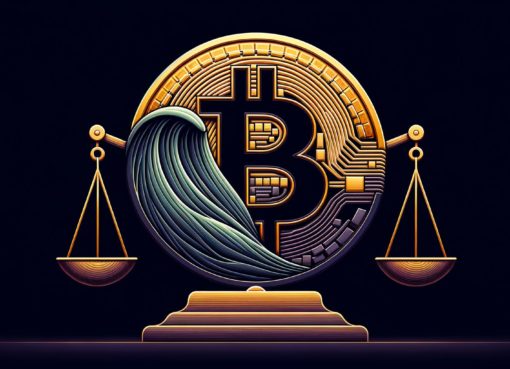Most investors are familiar with the business model of the entrenched platform economy, in which a set of powerful tech companies rely on the network effects that they generate to obtain proprietary data, goods or content from users. These tech giants dictate terms favorable to their own businesses yet often limiting for users’ interests. One of the most exciting and perhaps underappreciated aspects of blockchain technology is that it has enabled a new business model – what we call the protocol economy. A blockchain, in its simplest form, is a secure digital ledger that, without the use or need of intermediaries, records new activity to its ledger in exchange for a fee while adhering to its protocol (rules for how the process works). Why does this matter? Blockchains enable digital property rights. Digital scarcity and ownership can now, for the first time, be enforced through software and code rather than organizations and people.
Pioneering the Protocol Economy for Digital Ownership and Decentralized Growth




